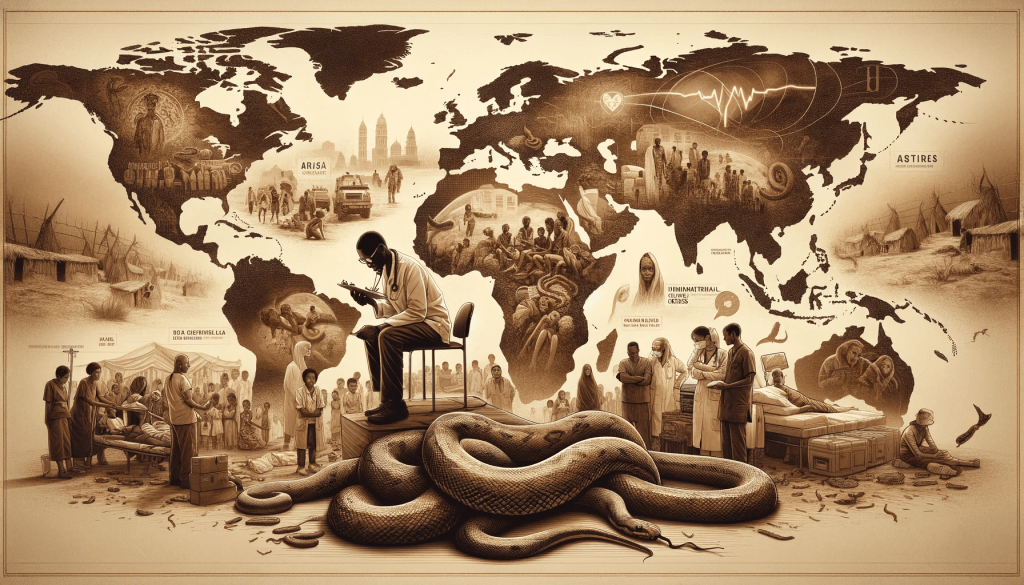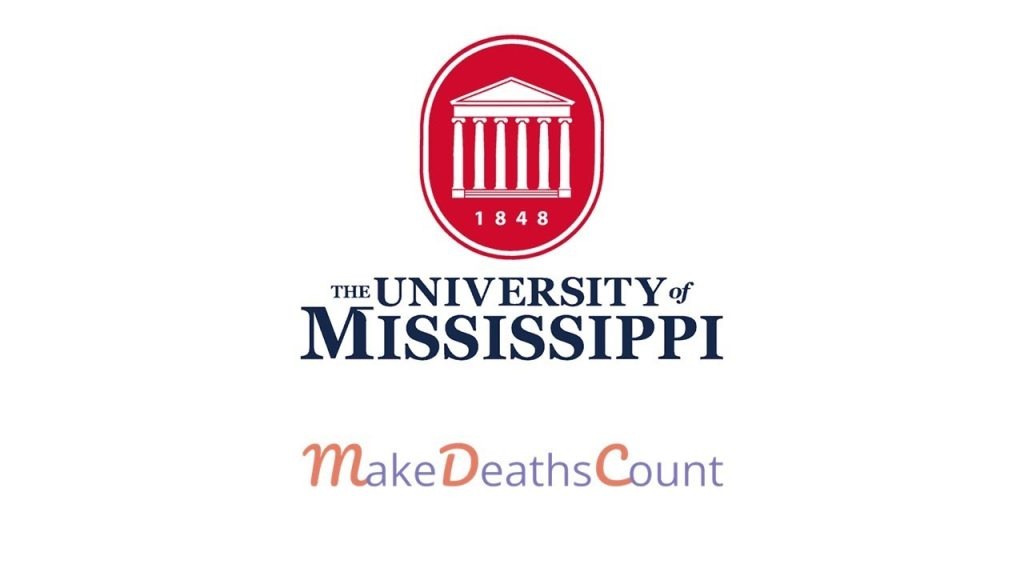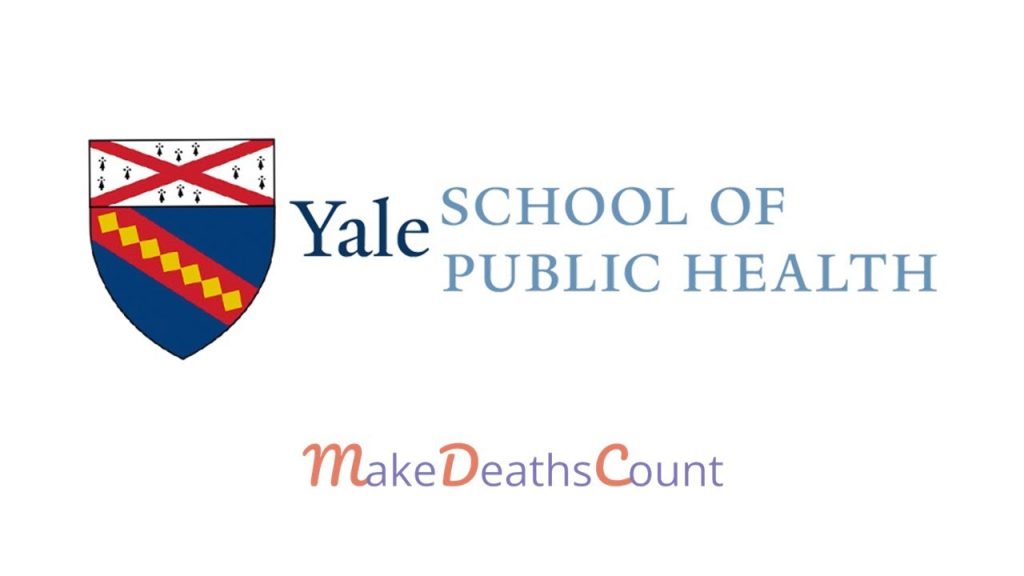
Snakebite envenoming is a significant public health concern and affects a multitude of countries. Each year, two million of the 4.5 – 5.4 million global snakebite victims develop clinical envenoming, an estimated 400,000 become disabled, and 81,000–138,000 die. Three distinct regions carry most of this global burden: South Asia (1.2–2 million cases, 50–100 thousand deaths), Sub-Saharan Africa (435–580 thousand cases, 20–30 thousand deaths) and South America (137–150 thousand cases, 3–5 thousand deaths). It is important to note that many of these areas are impacted specifically by humanitarian crises, which make it difficult to collect mortality data from these areas. It is significant to suggest a correlation between areas of humanitarian crisis and snake bite deaths and emphasize the importance of mortality surveillance in those areas.
Mortality data can help provide information on ensuring a steady supply of effective antivenom is paramount. The information would allow proper investment in research, production, and distribution infrastructure to enhance availability, especially in regions with a high prevalence of venomous snakes. Additionally mortality data could influence training for healthcare professionals on snake bite management and the proper administration of antivenom is crucial. This can contribute to faster and more effective interventions. Lastly, mortality data has a significant impact on what public awareness campaigns should focus on educating communities about snake bite prevention, first aid, and the importance of seeking medical help promptly.
Many organizations and countries are calling for increased mortality surveillance to mitigate death in relation to snake bites. MakeDeathsCount works specifically to provide this crucial information in order to mitigate deaths in countries specifically in humanitarian crises where it is difficult to obtain mortality data due to major population displacement and natural disasters. The information MakeDeathsCount can provide to these countries can save the lives of millions of individuals.
Reference:




